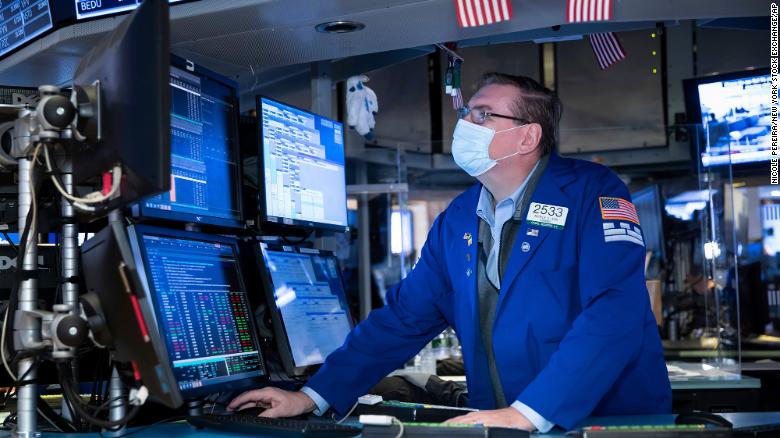In the event that you didn’t notice, the Dow Jones Industrial Average (^DJI) crossed 30,000 for the first time ever last week.
As usual with every Dow milestone, people were quick to pour cold water on the news arguing that round numbers aren’t special and that because the Dow is a price-weighted index it’s somehow inferior to market-cap-weighted indices like the S&P 500 (^GSPC).
But the Dow and its milestones have a ton of merit and relevance, and they can teach investors a thing or two about investing.
One notable characteristic of the Dow is that, like the S&P 500, it goes through a lot of turnover. In fact, no members of the original 12-component Dow from 1896 remain in the index. General Electric (GE), the last original member, was replaced in 2018. ExxonMobil (XOM), which was a member of the Dow when it became a 30-component index in 1928, was the oldest member of the Dow when it was eventually replaced in August.
This turnover explains why these market indices keep going up. The committees that manage these indices are regularly replacing names with those that make them more in tuned with the economy, which also sees outdated business models get replaced by new ones.
“While stock selection is not governed by quantitative rules, a stock typically is added only if the company has an excellent reputation, demonstrates sustained growth and is of interest to a large number of investors,” S&P Dow Jones explains.
That qualitative human touch that goes into maintaining the Dow may be a bit unsettling, but the track record is nevertheless impressive. They added Apple (AAPL) to the index in 2015, a stock that’s up an eye-popping 61% year-to-date; the name it replaced — AT&T (T) — is down 21%.
As we wrote in July, this ability for big indices to rotate in more innovative names is also why the next decade of stock market returns could blow away expectations. Companies like Apple, which index creator Charles Dow probably wouldn’t have ever imagined, come out of nowhere and become a key driver of investors’ returns.
And so, the Dow is a reminder for investors who consider themselves to be stock pickers that you don’t have to sit on stocks forever, especially the losers. Even Warren Buffett, who famously said his “favorite holding period is forever,” regularly dumps stocks.

COMMENTS